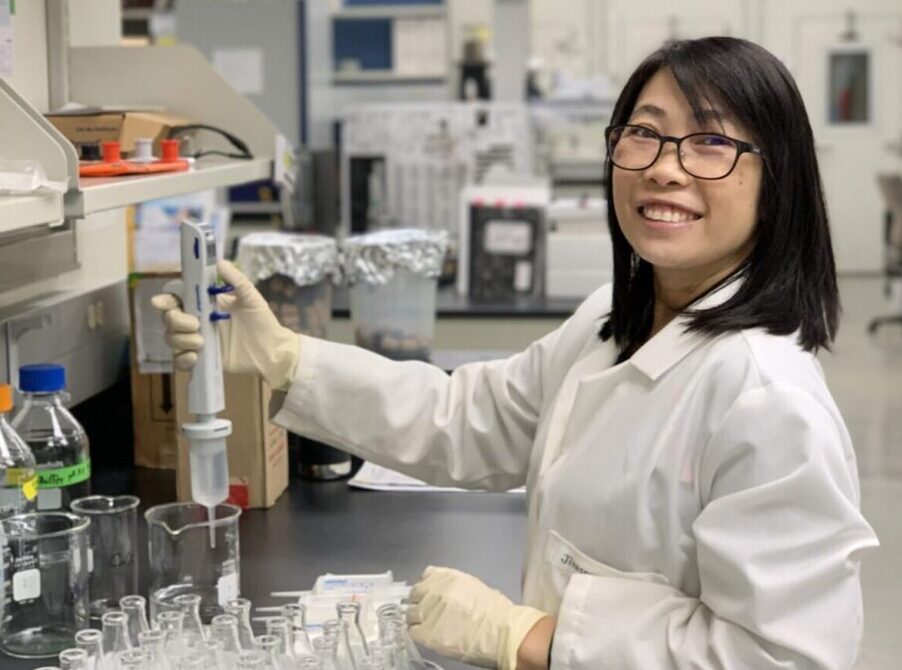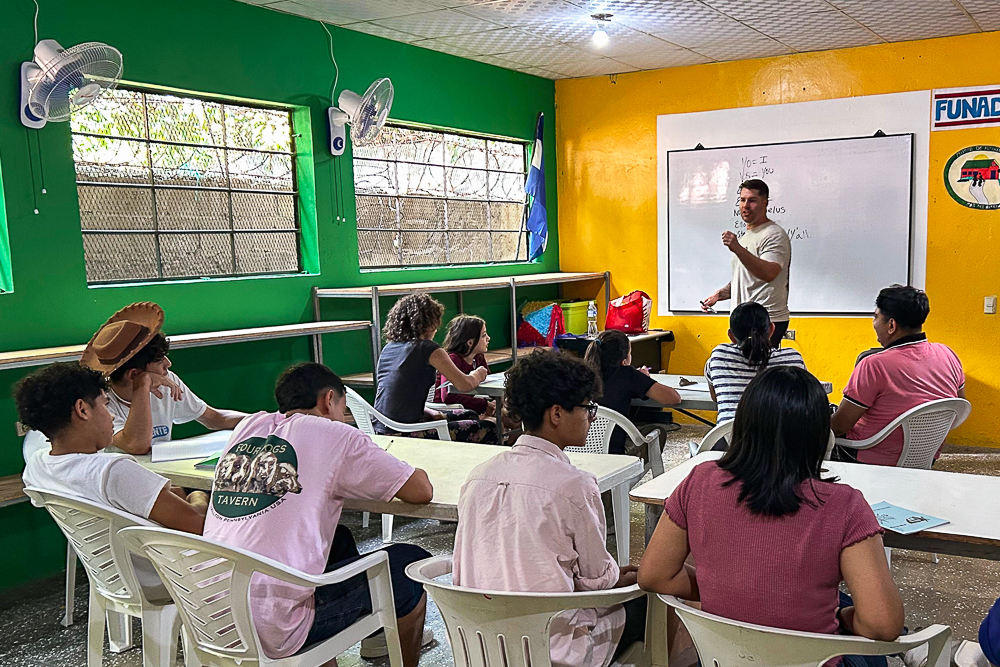

Fulbright Supports the Military Careers of U.S. Service Members
The Fulbright Program enhances the effectiveness of America’s military, developing skills that make the United States and the world safer and more secure.
Milton Friedman
As a Fulbrighter, the free market economist brought his vision to the United Kingdom.
Shaped by two Fulbrighters, Brazilian Film “I’m Still Here” Wins Oscar for Best International Feature
The film’s screenwriter Murilo Hauser earned an MFA in Writing for Film and TV from the University of Southern California through Fulbright. At USC, he was mentored by Fulbright Specialist Mary Sweeney, known for her work on “Twin Peaks,” “Mulholland Drive,” and “The Romanoffs.”
Florida Polytechnic University’s Fulbright Partnerships Spur Academic and Economic Growth
An all-STEM public university engages with Fulbright to reach its goal of top-tier technological research through international collaboration.
Explore Fulbright Programs
The Fulbright Program awards approximately 9,000 merit-based scholarships in the United States and more than 160 countries every year to accomplished students, scholars, teachers, artists, and professionals of all backgrounds and fields. Fulbrighters study, teach, conduct research, exchange ideas, and contribute to finding solutions to complex global challenges.

Thailand to U.S., 2019
About
The Fulbright Program is the flagship international academic exchange program sponsored by the United States Government. Fulbright was founded in 1946 with an ambitious goal—to increase mutual understanding and support friendly and peaceful relations between the people of the United States and the people of other countries. Led by the U.S. Government in partnership with more than 160 countries worldwide, Fulbright offers an expansive suite of life-changing international academic and cultural exchange opportunities. Learn more about the Fulbright’s administration, funding, policies, and history.

Egypt to U.S., 2019


Fulbright certainly embodies this philosophy of doing interesting and important and impactful work, but also making sure that you share that work with other people.
U.S. to Malaysia and Ecuador, 2016
Fulbright Alumni: Lasting Legacies
More than 400,000 Fulbrighters have made an impact on their communities and the world.




